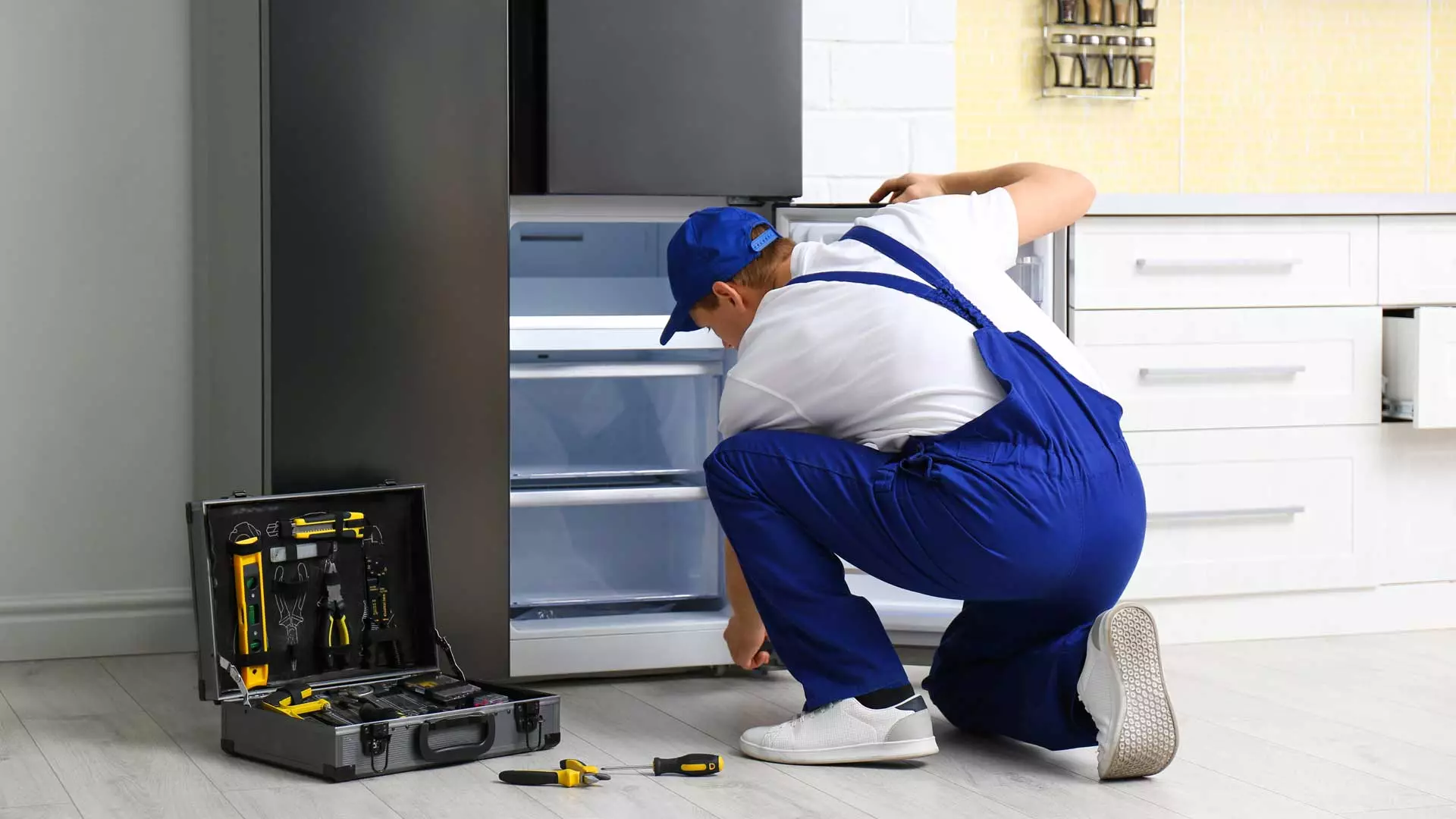Ice Maker Repair: Troubleshooting and Professional Services for Reliable Ice Production
Ice makers are a convenient appliance found in many households, providing a steady supply of ice for beverages and cooling purposes. However, like any appliance, ice makers can encounter issues that disrupt their functionality. In this comprehensive guide, we’ll explore common problems with ice makers, troubleshooting tips for DIY repairs, and the importance of professional ice maker repair services for more complex issues.
Common Ice Maker Problems:
- No Ice Production: One of the most common issues with ice makers is a lack of ice production. This can be caused by various factors, including a malfunctioning water supply line, a defective water inlet valve, or a faulty ice maker assembly.
- Slow Ice Production: If your ice maker is producing ice at a slower rate than usual, it may be due to a clogged water filter, low water pressure, or a problem with the ice maker’s thermostat or sensor.
- Small or Misshapen Ice Cubes: Ice cubes that are small or misshapen may indicate an issue with the ice maker’s water inlet valve, which controls the flow of water into the ice maker mold. A defective valve can result in insufficient water flow, leading to undersized or irregularly shaped ice cubes.
- Ice with Odor or Bad Taste: If your ice has an unpleasant odor or taste, it may be due to impurities in the water supply or a dirty ice maker mold. Regular cleaning and maintenance can help address this issue.
- Ice Maker Leaks: Leaks from the ice maker or water dispenser can be caused by a damaged water supply line, loose connections, or a faulty water inlet valve. Identifying and fixing the source of the leak is essential to prevent water damage to your home.
DIY Troubleshooting Tips:
Before seeking professional repair services, there are several troubleshooting steps you can take to try and resolve common ice maker issues:
- Check the Water Supply: Ensure that the water supply line to the ice maker is connected properly and free of kinks or obstructions. You can also test the water pressure to determine if it’s within the recommended range.
- Inspect the Water Inlet Valve: Inspect the water inlet valve for signs of damage or debris buildup. If the valve is faulty or clogged, it may need to be replaced.
- Clean the Ice Maker: Remove any ice buildup or debris from the ice maker mold using a soft brush or cloth. You can also clean the water filter and ice bin to improve ice quality.
- Reset the Ice Maker: Some ice makers have a reset button or switch that can be used to restart the ice making process. Refer to the manufacturer’s instructions for guidance on how to reset your specific ice maker model.
- Check for Electrical Issues: Ensure that the ice maker is receiving power and that the electrical connections are secure. If the ice maker is not turning on at all, it may indicate a problem with the power supply or control board.
Professional Ice Maker Repair Services:
If DIY troubleshooting methods fail to resolve the issue or if you’re not comfortable performing repairs yourself, it’s best to seek professional ice maker repair services. Professional technicians have the knowledge, experience, and specialized tools to diagnose and fix a wide range of ice maker problems, including:
- Comprehensive Diagnosis: Professional technicians will conduct a thorough inspection of your ice maker to identify the root cause of the problem. This may involve testing various components, such as the water inlet valve, ice maker assembly, and control board.
- Expert Repairs: Once the issue is diagnosed, technicians will perform the necessary repairs using high-quality parts and materials. Whether it’s replacing a faulty component, repairing a leak, or adjusting the ice maker’s settings, professional technicians have the expertise to get your ice maker back up and running smoothly.
- Preventive Maintenance: In addition to repairs, professional technicians can provide preventive maintenance services to keep your ice maker in optimal condition. This may include cleaning, lubricating moving parts, and inspecting for potential issues that could lead to future problems.
- Warranty Coverage: Many professional repair companies offer warranties on parts and labor, providing you with peace of mind and protection against recurring issues. If the same problem reoccurs after repair, the technician will return to fix it at no additional cost.
Conclusion:
Ice maker problems can be frustrating, but with the right knowledge and resources, many issues can be resolved through DIY troubleshooting. However, for more complex issues or if you’re unsure about performing repairs yourself, it’s best to enlist the help of professional ice maker repair services. By addressing problems promptly and effectively, you can ensure that your ice maker continues to provide a reliable supply of ice for your household needs.

